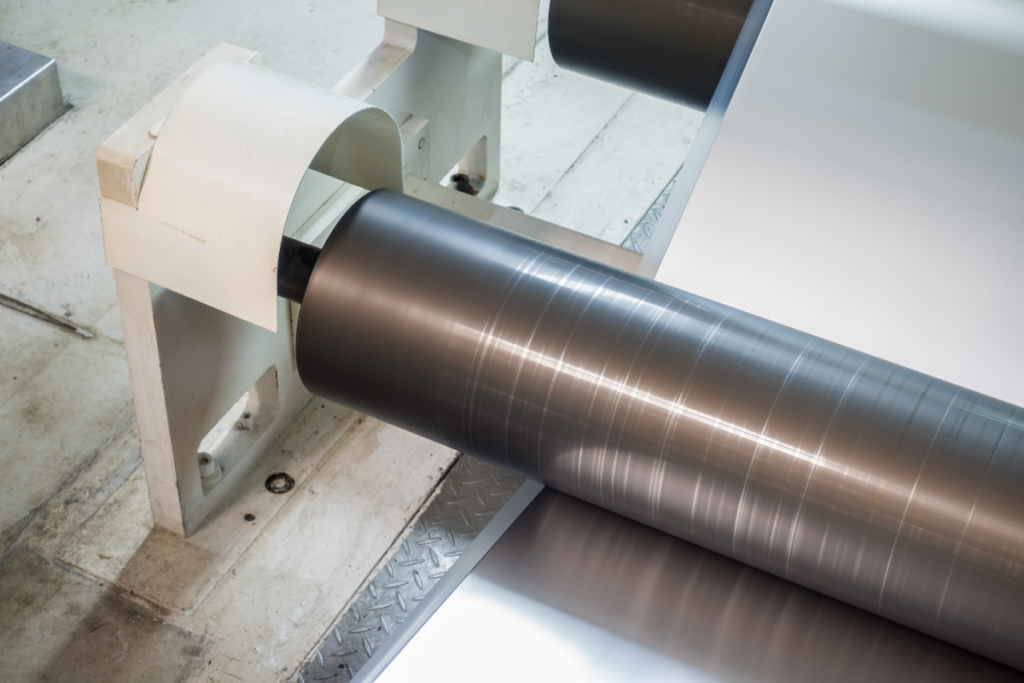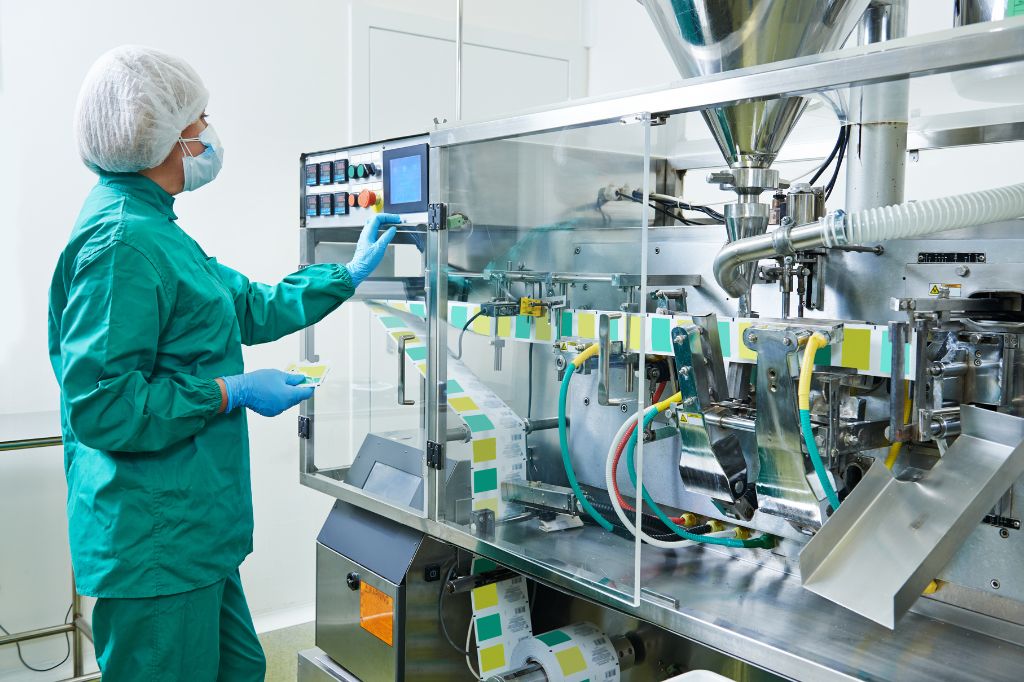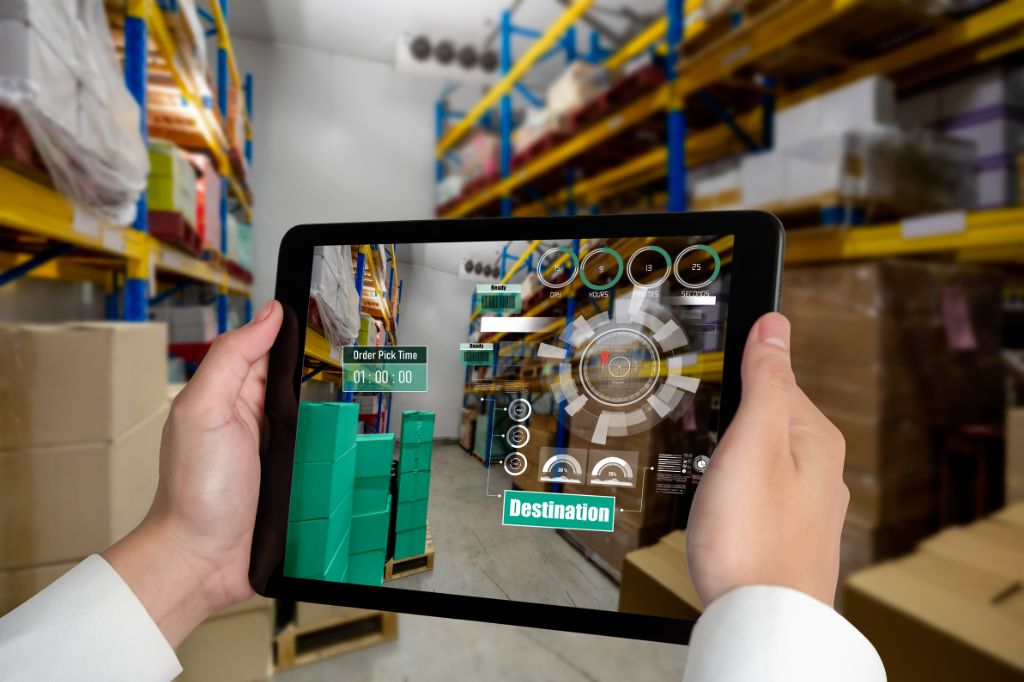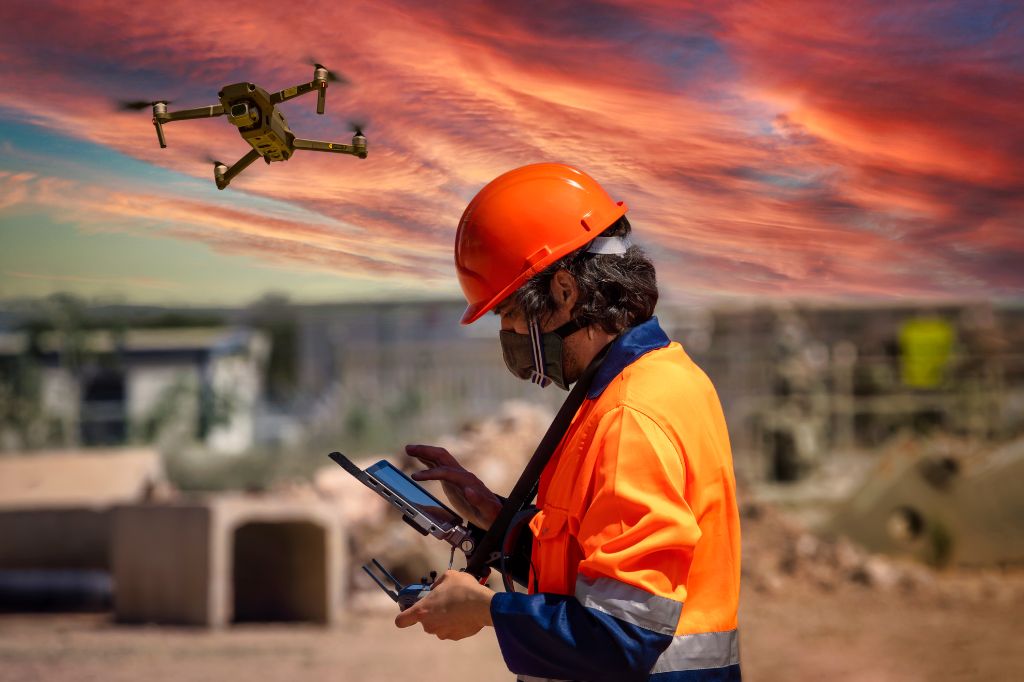
The role of artificial intelligence in optimizing industrial roller manufacturing processes
Reading time: < 5 minutesThe manufacturing of industrial rollers is a critical process in many industries, from paper production to steel manufacturing. Precision and efficiency are essential to ensuring the quality of the final product and economic sustainability.
In recent years, Artificial Intelligence (AI) has emerged as a powerful tool to optimize these processes, reducing costs, improving precision, and accelerating production times.
Additive manufacturing technologies (3D printing) in industrial roller component production
One of the most impactful innovations in industrial roller manufacturing is the implementation of additive manufacturing technologies, commonly known as 3D printing.
This technology allows the creation of components with complex geometries that would be difficult or impossible to achieve through traditional manufacturing methods.
AI plays a crucial role in this field, enhancing every stage of the additive manufacturing process.
Component design and optimization
AI can analyze large amounts of data to identify the best design configurations for roller components.
Advanced machine learning algorithms can assess different variables and operating conditions to suggest designs that maximize the durability and performance of the rollers.
Additionally, AI can simulate the behavior of materials under different stress conditions, helping to prevent failures and improve strength.
Quality control
3D printing of industrial components requires very strict quality control to ensure that each part meets the necessary specifications.
AI can integrate artificial vision systems and advanced sensors to inspect the components during and after production.
These systems can detect defects with much greater precision than manual methods, ensuring that only parts meeting quality standards continue in the production process.
Predictive maintenance
AI can also play a key role in predictive maintenance of 3D printing equipment.
By continuously monitoring machine performance and analyzing the collected data, AI algorithms can predict when a failure is likely to occur and recommend preventive actions.
This not only reduces downtime but also increases the equipment’s lifespan and optimizes resource usage.
Customization and on-demand production
The ability of 3D printing to produce custom components is enhanced by AI, which can manage and automate on-demand production.
AI systems can receive specific orders, adjust printing parameters in real-time, and ensure that each component is manufactured according to the precise needs of the customer.
This flexibility is particularly valuable in the industrial roller industry, where requirements can vary depending on the application.
Waste Reduction and Sustainability
The combination of 3D printing and AI not only improves efficiency but also contributes to sustainability.
AI algorithms can optimize material usage, reducing waste and ensuring more efficient consumption.
Additionally, the ability to produce components locally and on-demand reduces the need for large inventories and decreases the carbon footprint associated with transportation and storage of parts.
In conclusion, we can say that Artificial Intelligence is revolutionizing industrial roller manufacturing through 3D printing.
From component design and optimization to quality control and predictive maintenance, AI enhances every aspect of the process, offering significant benefits in terms of efficiency, quality, and sustainability.
At Roltia (Eurotransis), we specialize in manufacturing conveyor rollers, providing high-quality solutions. Don’t hesitate to contact us for expert advice and to resolve any questions you may have. We are here to help you achieve your goals with efficiency and confidence.



